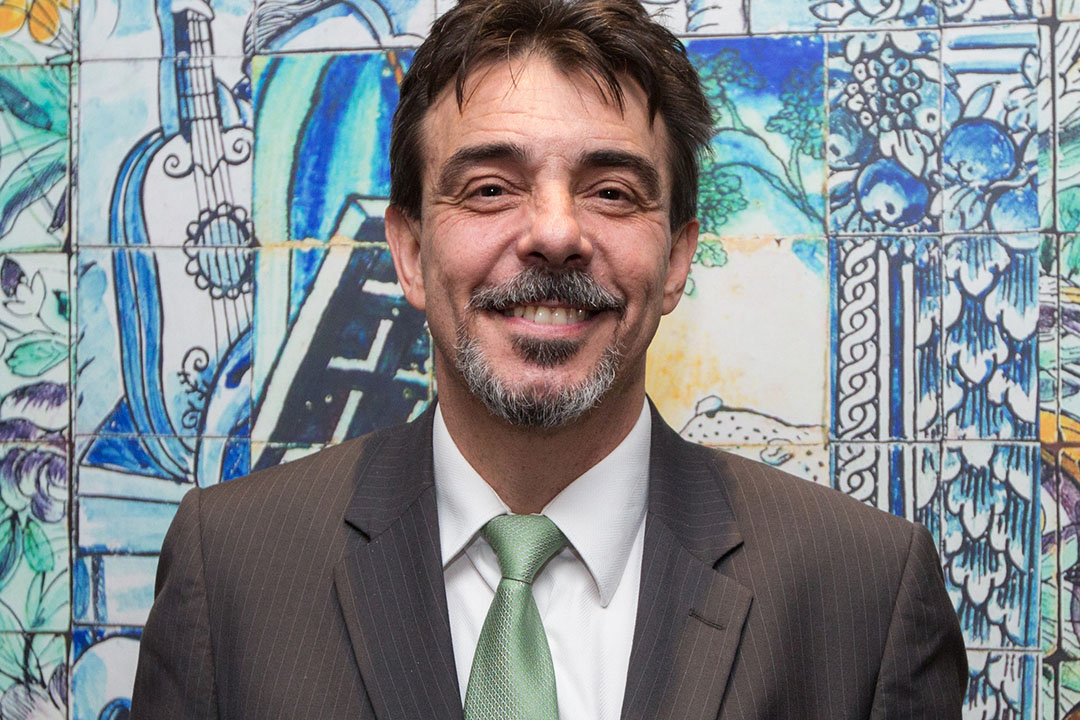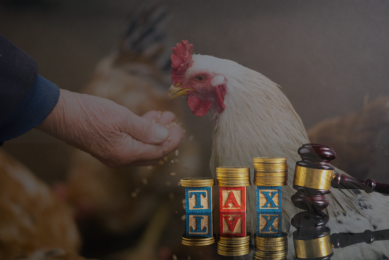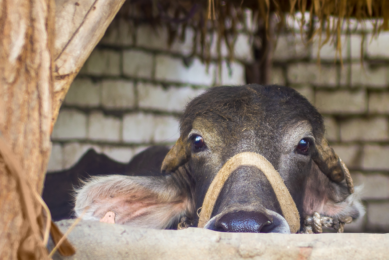2019: The year of recovery for Brazilian feed

Animal feed producers in Brazil expect a better 2019 due to the new Brazilian government and hope for international trade normalisation.
The Brazilian feed sector is the third largest feed sector in the world, mainly due to the high amount of raw materials produced in this country and the size of the country, coupled with the large consumption of meat. In 2018, almost 230 millions of tonnes of grains were produced in 2018. The total feed production in 2018 was 72.3 million tonnes, of which 31.7 million t were for broilers, 16.8 million t for pigs, 6.8 million t for layers, 6 million t for dairy cows and 2.65 million t for pets.
Slight increase compared to 2017
The amount of compound feed produced in 2018 showed a slight increase (+0.8%) compared to 2017 and represents the entering of a recovering phase. 2018 was a difficult year in which Brazil faced political uncertainty, the truck driver strike and a slow pace of the Brazilian economy. The new government started on the 1st January 2019 and, despite some concern about worrying or misunderstood statements from the new president Jair Bolsonaro and his team (called the ‘unlikely president by the BBC), feed producers are still relatively positive that the coming 4 years will see improvements for animal production and trade. But is this optimism realistic? All About Feed asked Ariovaldo Zani, CEO from Sindirações (Brazilian Association of Feed Producers) to share his views.
All About Feed (AAF): What marked 2018 for the Brazilian feed producers?
Ariovaldo Zani (AZ): “By the end of 2017 we expected that the feed industry would grow with at least 3% in 2018. However, this was prevented by a number of unpredicted things that happened in the first few months of the year. We were faced with increasing food costs, higher grain prices and agricultural resources, triggered by the US and China and disconnect from the United States. Furthermore, the EU banned meat imports from 20 Brazilian poultry and beef plants in April 2018 following an audit of the beef, horse and poultry meat control system in the country. In May 2018, the logistics in many sectors were interrupted by the massive truck drivers’ strike. On top of that, the Russians implemented an embargo on Brazilian beef and pork towards the end of the year. All of these incidents slowed down the forecasted animal feed production growth, which in the end was only 0.8% instead of 3%.”
AAF: But Brazil is recovering. Will 2019 be a better year?
AZ: “When we look at 2018 and the fact that there is slow economic recovery, I expect that 2019 will be a slightly better year for the Brazilian feed producers. This will also be fuelled by the new government. Hopefully, this will lead to more investments, job creation and increased consumer confidence. The expected bumper crop harvest (Brazilian farmers are expected to harvest up to 238.54 million tonnes of grain in the 2018/19 season) will reduce feed costs for farmers and will give a positive boost to the animal protein production chain. However, the global trade barriers, the influence of the US and postponement of domestic structural reforms can slow down the growth in Brazilian agriculture. But with a reasonable dose of optimism, it is fair to say that a 3% increase in animal feed production this year should be possible.”
AAF: Which other challenges face the Brazilian farming sector?
AZ: “Despite economic threats that challenge the animal protein production chain, I think that farmers are also threatened by fake news and miscommunication and perception on farming in general. It is important to share the right type of information on complex topics such as greenhouse gas emissions, consumption of animal products and antibiotic use. I notice that a large part of the scientific community remains silent because they are afraid to react to certain misconceptions, or don’t know how to respond. We should be more proud to talk about innovative, disruptive technologies in farming and show the Brazilians (and others) that this is a positive development and needed to feed the growing world population. Hopefully, the new government in Brazil will also embrace this and will create fertile grounds to make sure the Brazilian feed sector can further grow in the coming years.”











